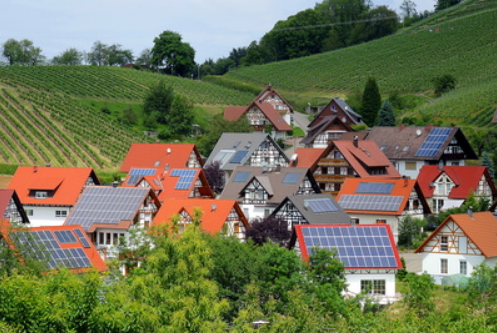Making Green Germany
“Making Green Germany” studies how efforts to mitigate anthropogenic climate change gained political currency in the Federal Republic of Germany (FRG) in the 1980s and 1990s. It considers how the end of the Cold War and German reunification shaped the emergence of climate change as a political issue, but also examines the influence of climate politics on reunified Germany. The project departs from existing scholarship, which describes climate change as a unique problem and thus rarely considers its relationship to mainstream politics, by considering the myriad ways in which climate politics were entangled in German reunification and Europe's post-Cold War transformation.
The project focuses on three transformations that re-shaped post-Cold War Europe in order to find and analyze the links between climate politics and high politics: (1) the expansion and entrenchment of liberal democracy and neo-liberal economics after the end of Communism, (2) the creation of new identities after the end of German (and European) division, and (3) the re-conception of technology amidst the transformation of Cold War Big Science.
The project consists of four case studies: (1) the acceptance of market-based solutions to environmental problems embodied by the widespread support for the idea of a green economy, (2) the changing conception of citizenship and participation evident in the encouragement of private energy production through Feed-in-Tariff legislation, (3) the importance of climate diplomacy as a forum for international leadership and a basis for a new German identity, and (4) the association of decentralized, small-scale renewable energy production with the reduction of greenhouse gas emissions, as promoted by independent research institutes.
By studying post-Cold War era climate politics in the FRG, this project will help us to see how climate change became not only a salient issue, but also part of mainstream politics in the 1990s. Thus, the project will also further a broader re-conception of environmental history that better links the study of the environmental concerns with “mainstream” social and political problems.
The project's DFG project number is 423371999.


